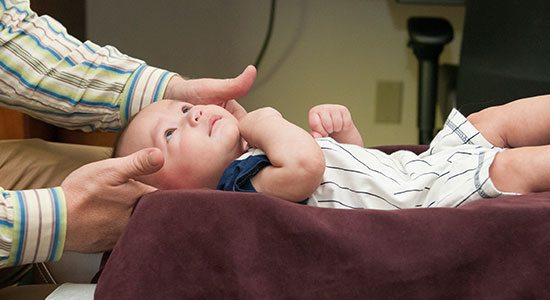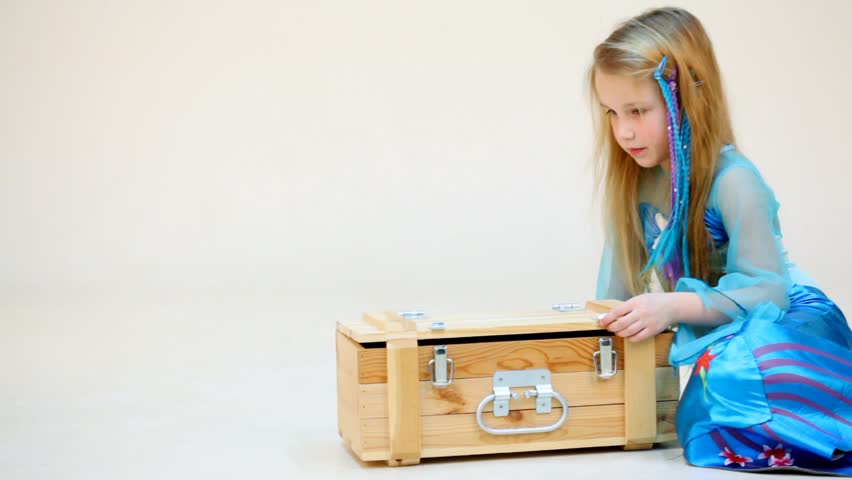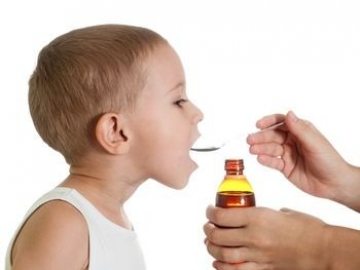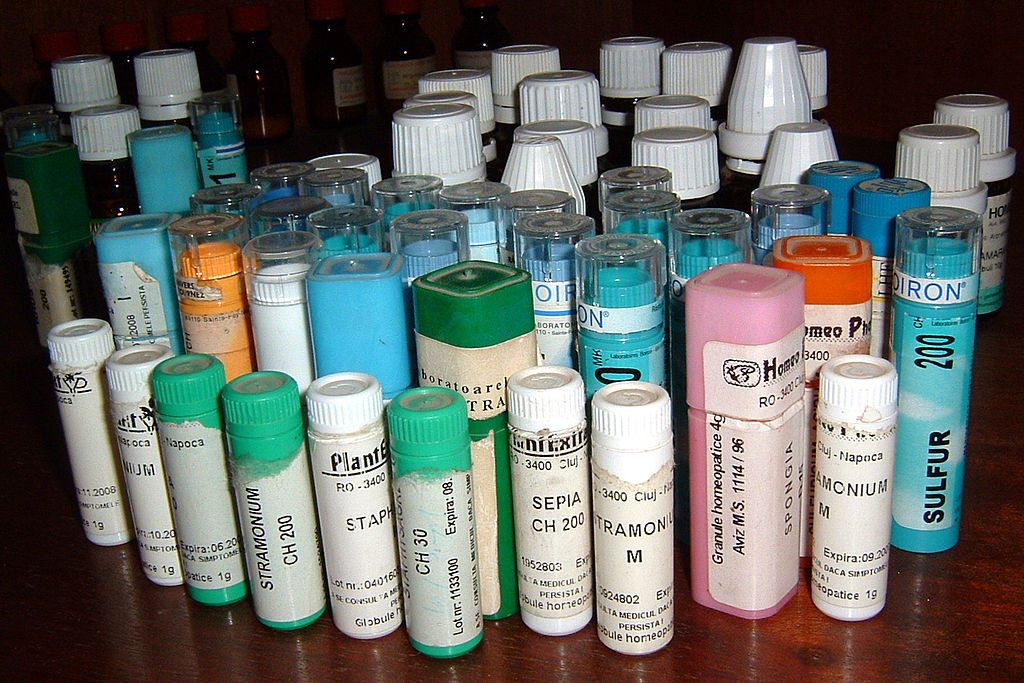Tag: pediatrics

Newborn Chiropractic, False Balance, and The Doctors
The vacuous TV docs on The Doctors have demonstrated once again why the show is a highly unreliable source for medical information of any sort.

Science-Based Satire: Cleveland Clinic Subscription Box Service Introduces Integrative Medicine to Curious Consumers
Cleveland, OH- Cleveland native Kelly Anderson is looking forward to the end of the month like a young child anxiously awaiting Christmas morning. That’s because on a day between the 20th and the 28th of December, she will receive the gift of hope. Anderson, a 43-year-old mother of five who was diagnosed with chronic Lyme disease and numerous nutritional imbalances earlier this...

Homeopathic Syrup for the Treatment of Pediatric Colds: Randomized Controlled Nonsense is Still Nonsense
According to the authors of the latest study claiming to demonstrate effectiveness of homeopathic remedies, colds are common in the pediatric population. They further explain that colds and cough symptoms are a frequent impetus for parents to seek pediatric medical care. Finally, they add that evidence in support of decongestants, antihistamines and cough suppressants for the treatment of pediatric cold symptoms is...

An Update on FDA Concerns Over Homeopathic Teething Products
Steven Novella recently wrote a post discussing an FDA warning against the use of homeopathic teething products over safety concerns related to the possibility of toxic amounts of belladonna. He goes into the hypocrisy of the FDA regulation of homeopathic products, a topic covered numerous times here on Science-Based Medicine, as well as the misleading initial response from Hyland’s, producers of the...

FDA Warns About Homeopathic Teething Products
The FDA recently put out a consumer warning about homeopathic teething gels and pills. The warning states: The FDA recommends that consumers stop using these products and dispose of any in their possession. The warning is not because all homeopathic products are inherently useless. As we have discussed here often, the basic principles of homeopathy are pure pseudoscience. The practice of diluting...
Separating Fact from Fiction in Pediatric Medicine: Facial Nerve Palsy
There are numerous medical conditions that are seemingly designed to allow proponents of “irregular medicine” to proclaim their treatments to be effective. These conditions tend to be chronic and subjective in nature, or to have waxing and waning courses such that a parent or patient might easily be fooled into assigning a causal relationship between a bogus intervention and a clinical improvement....
Newborn Phototherapy and Cancer: Cutting Edge Research or “Big Data” Failure?
While social media and news outlets were reacting, or in some cases overreacting, to a new rodent-based medical study on the unlikely link between cell phone use and brain cancer last month, two studies and an accompanying commentary were quietly published in Pediatrics that raised similar concerns. Rather than cell phone use, the proposed potential cause of pediatric cancer in these newly...

The Crack Heard Round the World
In January, Melbourne chiropractor Ian Rossborough uploaded a video to YouTube of himself treating a 4-day-old premature infant. The video, one of many that can be found on his “Chiropractic Excellence” channel, is for educational purposes only, intended to teach the world about the miraculous benefits of chiropractic care for a wide variety of conditions. Although the cynical among us may proclaim...
Parents Convicted in Death of Toddler
This is a very sad and tragic case, and I have great sympathy for the extended family of Ezekiel Stephan, the 19-month-old who died of meningitis four years ago. In my opinion, there are many victims in this case. The jury, apparently, agreed. Yesterday they returned a guilty verdict for Ezekiel’s parents, David and Collet Stephan, who now face sentencing for failing...
Audio Therapy for Postoperative Pediatric Pain: Randomized Controlled Nonsense
In January of 2015, a study on “the effect of audio therapy to treat postoperative pain in children” performed at Lurie Children’s Hospital and published in Pediatric Surgery International made the media rounds. It was the typical story where numerous news outlets further exaggerated already exaggerated claims made in a university press release, in this case Northwestern University in Chicago. Some of...

